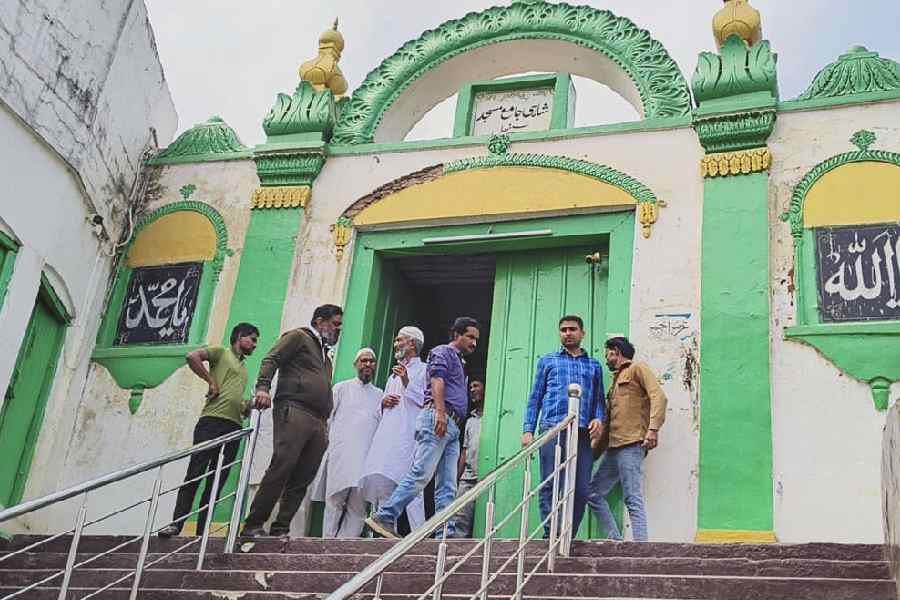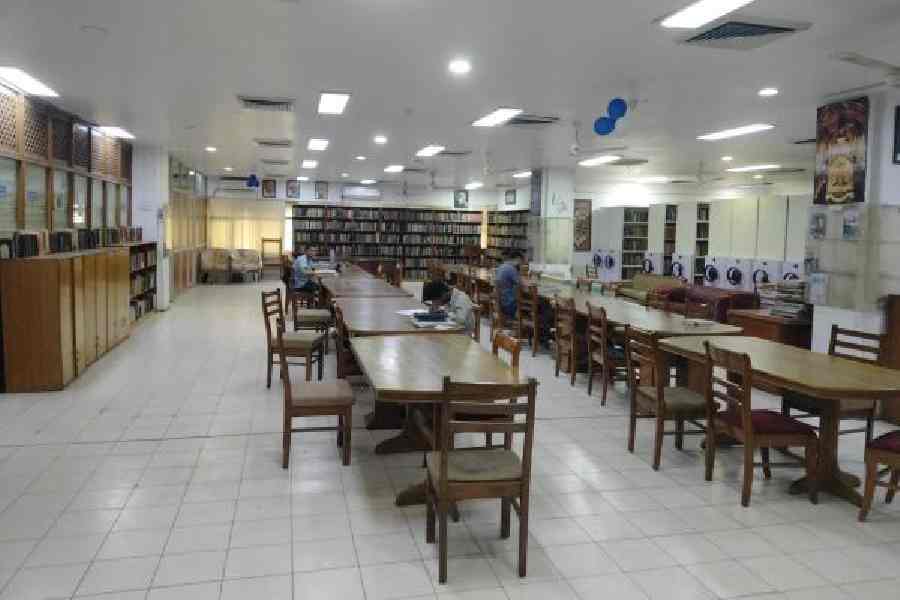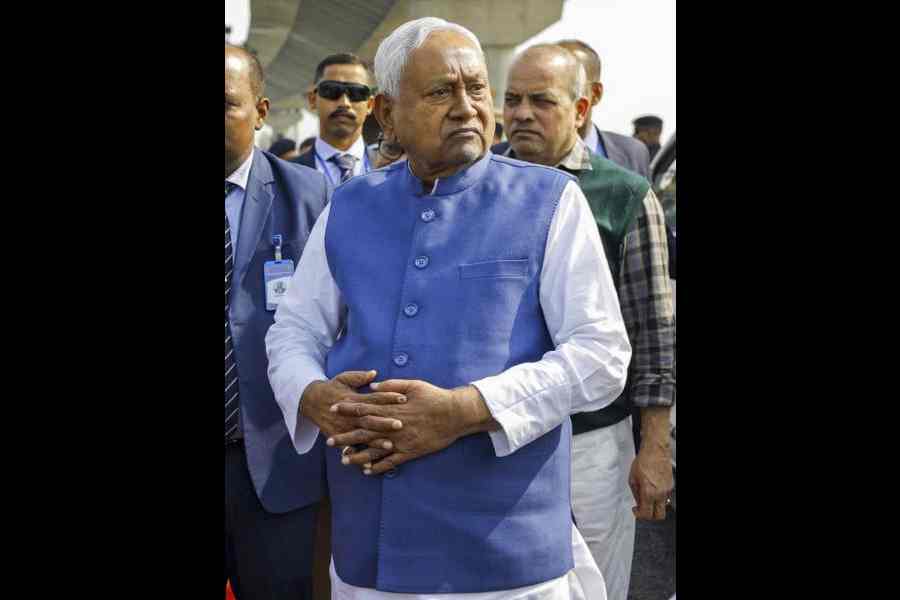 |
| Hungarian National Assembly Speaker Laszlo Kover (centre) at the inauguration of the totem pole in Darjeeling on Sunday. Picture by Suman Tamang |
Darjeeling, Nov. 25: The Hungarian National Assembly today erected a kopjafa or a totem pole in Darjeeling to strengthen the links between famous philologist and orientalist Alexander Csoma de Koros’s places of birth and death.
The people of Kovaszna, the scholar’s birthplace, had donated the pole to the Hungarian government.
Alexander had breathed his last in Darjeeling in 1842.
Talks have also started to declare both the places “twin cities” and start an exchange programme between Darjeeling and Hungary so that people can learn about the culture, linguistics and administrative system of both the countries.
Kovaszna, which is now in Romania, was earlier a part of the Hungarian Kingdom and 70 per cent of the town’s population is Hungarian.
Laszlo Kover, Speaker of the Hungarian National Assembly along with Janos Terenyi, Hungarian ambassador to India, and other Hungarian officials inaugurated the totem pole near the Darjeeling Gymkhana Club today. The six-feet-high pole is carved out of wood. It was flown to India from Hungary sometime back.
“Hungarians knew Darjeeling much earlier. It is not known for its tea or as a tourist destination but as a place where the great philologist breathed his last,” Kover said.
Alexander died on April 11, 1842, and the totem pole has been erected to mark his 170th death anniversary.
“The totem pole has been erected to strengthen ties between the scholar’s places of birth and death,” Kover added.
Alexander had set out for the East in search of the origin of Hungarian people and arrived in Ladakh in 1820. While in Ladakh, he studied Tibetan language reading two great encyclopedias on Buddhist literature, the Kahgyur (100 volumes) and the Bstangyur (225 volumes) that contain translations of Buddhist books that were taken to Tibet from India.
Alexander is considered the first person to compile the English-Tibetan dictionary that was published in 1824. The scholar shifted to Calcutta in 1831 and wrote a book on Tibetan grammar and compiled a dictionary in the language.
He also catalogued Tibetan works in the library of the Royal Asiatic Society of Bengal in Calcutta.Alexander stayed in Darjeeling on his way to Lhasa in 1842 and died of malaria just before setting out for the journey.
His tomb is on 18 Lebong Cart Road here and has been declared “a monument of national importance” by the Archeological Survey of India.
“We would want the cities where Alexander Csoma de Koros was born and died to be declared twin cities. We would also want to start an exchange programme on culture, linguistics and administration,” said Amar Singh Rai, the chairman of the Darjeeling municipality.
Today the Hungarian delegation met GTA chief executive Bimal Gurung. “A kilometre-long stretch of 18 Lebong Cart Road near the scholar’s tomb will be named after him,” said Roshan Giri, the executive member of GTA. “A resolution would be passed at the GTA to that effect soon,” Rai said.











